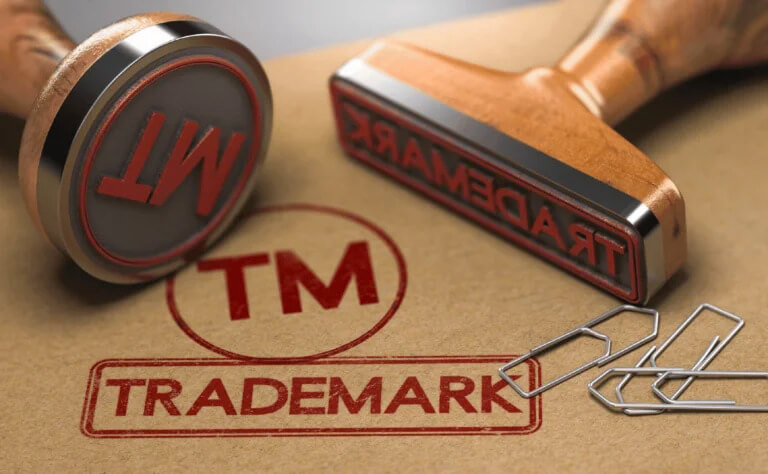Trademark law protects a business’s or organization’s right to use a trademark in commerce. A trademark is an image or phrase that signifies the manufacturer or provider of a product or service. An organization that uses a mark identical or similar to another organization’s mark may commit trademark infringement, and the other organization could file trademark litigation to protect its rights.
When another business has begun using a product or service mark identical or similar to yours, a business attorney can help you protect your company’s rights and interests. Contact Levy Goldenberg LLP to learn how our Manhattan firm will fight on your behalf to preserve your business’s trademark rights.
Types of Trademark Disputes
In trademark disputes, there are two main types of claims. The first type of trademark claim concerns a “likelihood of confusion.” In a likelihood of confusion claim, a trademark holder alleges that the similarities between its mark and the defendant’s mark will confuse consumers as to the provider or manufacturer of the product or service.
Proving a likelihood of confusion claim might involve evidence such as:
- The proximity of the parties’ products/services, including the fact that the parties sell similar products/services, sell to the same geographic regions, or advertise through the same marketing channels.
- The similarity in design between the trademark holder’s mark and the defendant’s mark.
- Direct proof of consumer confusion, such as testimony or affidavits from consumers claiming that they purchased the defendant’s product or service, believing they had purchased from the trademark holder.
The second type of trademark claim alleges that a defendant’s actions have resulted in “dilution” of the trademark holder’s mark. In a dilution claim, a trademark holder alleges that the defendant’s trademark bears substantial similarity to the trademark holder’s mark and thus reduces the distinctiveness and value of the holder’s mark.
A dilution claim might argue that a defendant’s use of a substantially similar mark in a controversial business brings the trademark holder’s mark into disrepute by causing the public to associate the holder’s mark with the defendant’s controversial activities.
When Can a Dispute Arise?
A trademark dispute might arise when a trademark holder believes that:
- Another party has used an identical or substantially similar mark to the holder’s mark, and
- That use might cause or has caused consumer confusion as to the source or origin of the goods or services, or
- Might cause a diminution of the distinctiveness of the holder’s mark.
When a trademark holder finds another company using an identical or substantially similar mark, they may send that company a cease-and-desist letter asking the company to stop using the infringing mark. However, a legal dispute or trademark litigation might arise when the company refuses to stop using its mark based on its determination that the mark does not infringe upon the trademark holder’s mark.
Why Trademark Protection Is So Important
Protecting your business’s trademarks can benefit your company in several critical ways. Protecting the distinctiveness of your trademark means consumers can quickly identify your products and services on the market simply by viewing your trademark. Preventing others from using identical or similar marks ensures customers know they’ve bought a good or service from your company and prevents any harm to your business’s goodwill by ensuring customers don’t buy inferior goods or services thinking they’ve come from your company.
How a Trademark Litigation Attorney Can Help
Although parties might settle a trademark dispute without resorting to litigation, when two companies have invested in building a brand around their trademarks, they won’t easily give up using those marks or allowing other organizations to use identical or similar marks.
When your organization has a protected mark and has established superior rights in your mark, trademark litigation can protect the distinctiveness of your mark and your company’s goodwill with consumers. Trademark litigation might provide your company with various forms of relief, including:
- Court orders barring another organization from continuing to use an infringing mark
- Orders requiring the seizure or forfeiture of goods under infringing marks
- Monetary relief to compensate your company for lost sales/profits or loss of goodwill
Contact Our Manhattan Trademark Litigation Attorney Today
When you’ve discovered someone infringing upon your trademark, you need experienced, aggressive legal counsel who will protect your rights. Contact Levy Goldenberg LLP today for a consultation in which you can discuss your rights and options with a seasoned Manhattan trademark litigation attorney.
